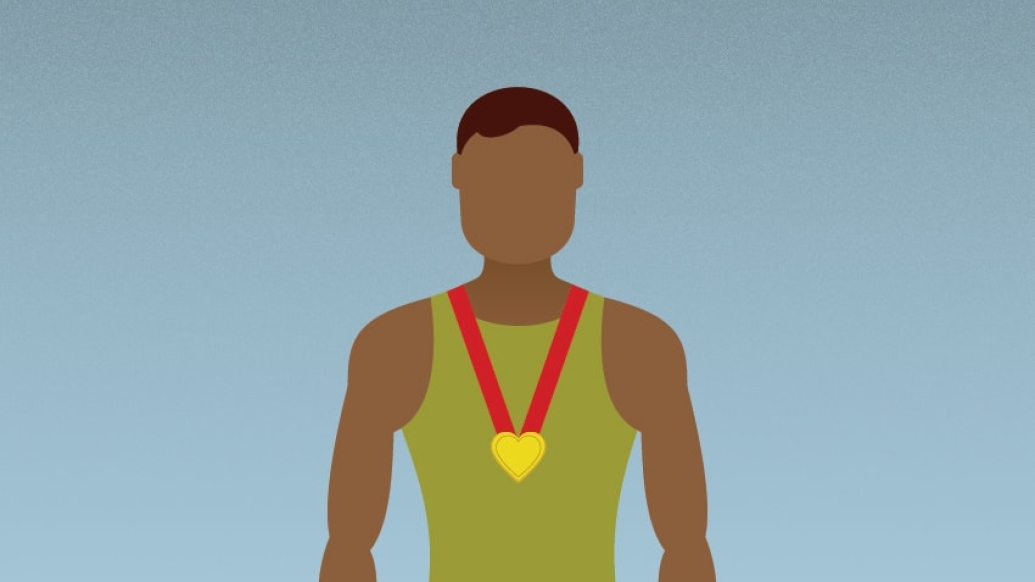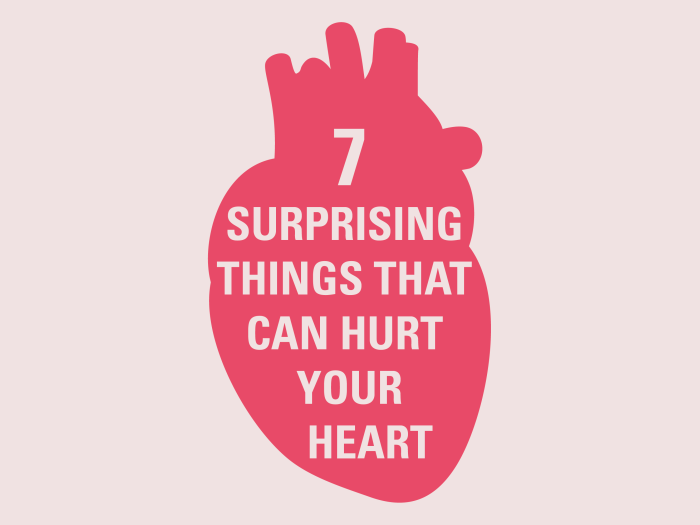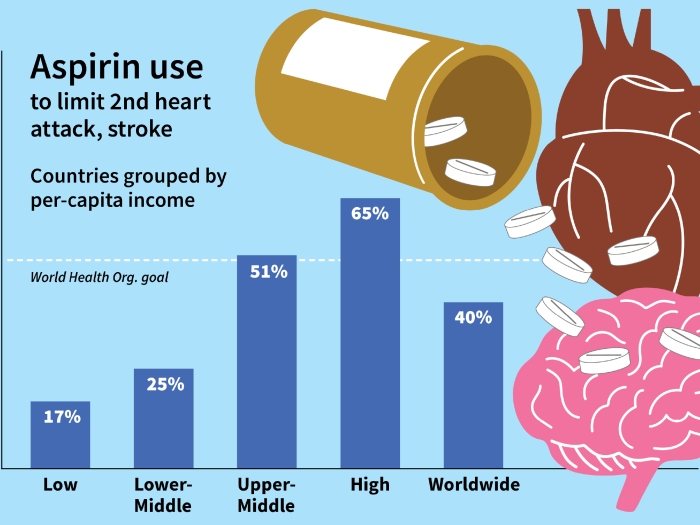Active individuals with heart-related concerns might seek the help of a sports cardiologist. Here’s what these medical specialists can do.
1:00 PM
Author |

If you're an athlete and have concerns about your heart health, a sports cardiologist is the doctor you'll likely want to see.
MORE FROM MICHIGAN: Sign up for our weekly newsletter
These physicians have expertise in treating highly active individuals.
But patients needn't be seasoned competitors to seek care, says sports cardiologist and electrophysiologist Eugene H. Chung, M.D., founder of the Michigan Medicine Sports Cardiology Clinic.
"Overall, my goal for the clinic is to help promote heart-safe activity for athletes of all levels," Chung says.
He spoke more about the clinic and its services:
When should I see a sports cardiologist?
Chung: If you're an active individual with symptoms of potential cardiovascular disease such as palpitations, shortness of breath or syncope (episodes of fainting during exertion), a sports cardiologist could be the right doctor for you.
Others who might seek the expertise of a sports cardiologist include active individuals with a pre-existing heart condition, who are at risk for a heart-related condition (due to family history) or who believe they may have a heart condition and are seeking a doctor's opinion. Also, if you've undergone some type of cardiac procedure and want to get back to an active level under a doctor's care, a sports cardiologist is recommended.
Based on the initial evaluation, a sports cardiologist will work with the patient's trainers or primary care providers. He or she may refer the patient to other consultants if appropriate — such as a pulmonary specialist or the hypertrophic cardiomyopathy program — to help co-manage conditions.

Can you give examples of athletes you've treated?
Chung: Most of my patients come to me with symptoms that are brought on by exertion. Symptoms may include chest pain, shortness of breath, palpitations, fainting spells or a noticeable change in one's ability to perform at optimum levels.
SEE ALSO: Tips for Keeping Your Student-Athlete Safe After Common Injuries
A common example is an athlete who's training for a race or game and begins to experience palpitations. They may come to me looking for reassurance that they're fit to participate. In this case, we may have the patient wear a heart monitor so we're able to determine the frequency and extent of palpitations. We may also have the patient undergo an exercise stress test to try to replicate symptoms while recording an ECG.
Others might tell me their performance is unexpectedly impaired — they can't run, bike or ski like they used to. I can help determine if it's a cardiovascular issue by conducting various tests, such as an echocardiogram, cardiopulmonary stress test or have them wear a heart monitor.
The biggest growth in my field is in the "master" athlete category: those over 35 years of age who want to participate in a triathlon or marathon, for example. I am also available to see college athletes who might be having heart-related symptoms or have had questions come up during their pre-participation history and physical.
What should I expect at a Sports Cardiology Clinic visit?
Chung: We begin with a comprehensive review of your existing health and assessment of your risk factors for cardiovascular disease. Topics that may come up are diabetes, hypertension, obesity, smoking, cholesterol, asthma and sleep apnea. We will review medications, diet and hydration.
Depending on findings during the history and physical, the following tests may be ordered:
-
Electrocardiogram or ECG: This test involves a look at the electrical activity of the heart using leads attached to various areas of the body. The test may identify signs of a cardiomyopathy (disease of the heart muscle) or an inherited condition (such as Long QT syndrome) or a conduction abnormality (such as Wolff-Parkinson-White syndrome).
-
Echocardiogram: Ultrasound waves are used to identify structural heart changes such as thick or dilated chambers or tight or leaky valves.
-
Cardiac MRI: Imaging of the heart that provides additional information about heart function, the heart muscle and the aorta.
-
Exercise stress test: ECG leads are used to measure electrical activity while the patient walks and runs on a treadmill.
-
Ambulatory ECG monitor: A recording device worn for up to 30 days around the clock to record the heart rhythm when an athlete is exercising.
Find out more about the Michigan Medicine Sports Cardiology Clinic.

Explore a variety of healthcare news & stories by visiting the Health Lab home page for more articles.

Department of Communication at Michigan Medicine
Want top health & research news weekly? Sign up for Health Lab’s newsletters today!





